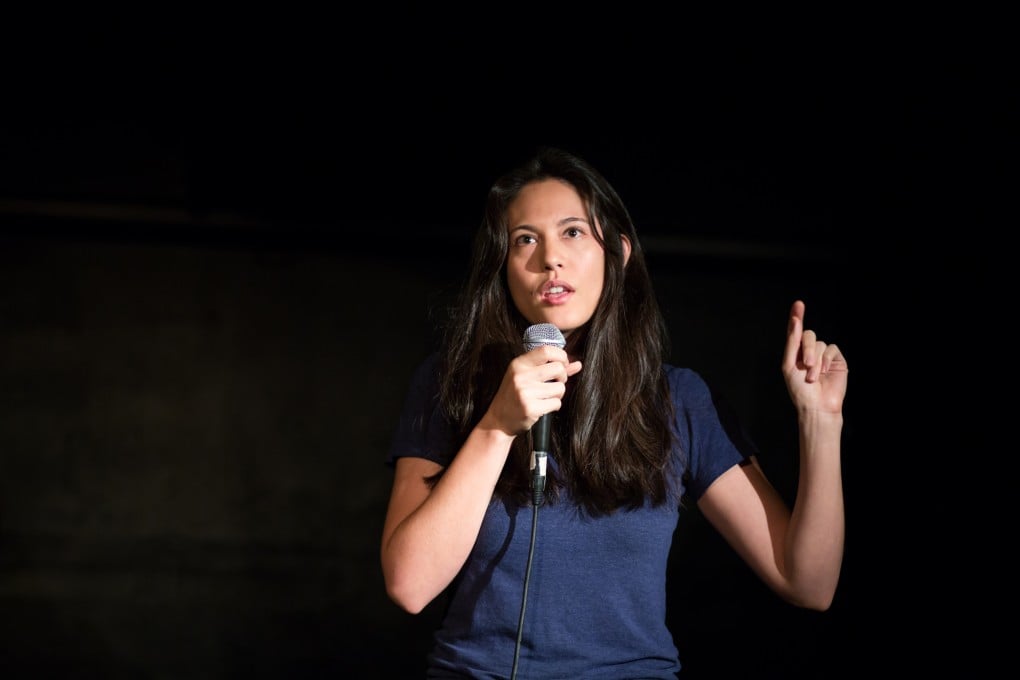Jokes aside: the Asian-American comedians getting serious about casting off stereotypes
- Members of the Asian diaspora are carving a humorous niche that speaks to their experiences
- From tired tropes to more sophisticated takes on bizarre – and endearing – cultural quirks, non-Asian audiences are responding to the changes

The Precious Metal Bar in Brooklyn, New York, is hosting its inaugural stand-up comedy show, and of the 30 or so people in the audience, about 25 are white. In the line-up of eight comics, just one is Asian. Well, half Asian.
The air grows heavy as Yoshiko Watson, 30, steps onto the stage. At five foot nine inches tall, the Japanese-Scottish-American projects a magnetism that is at odds with her meek bearing. Her big brown eyes struggle to maintain contact with anything and, when she delivers a joke, it isn’t clear whether she is addressing the crowd or rehearsing it to herself.
“I think it’s a little rude when a total stranger asks you, ‘Is it your mom or dad that’s Asian?’” says Watson, her voice husky and weary. “So I like to say, ‘Is it your mom or dad that’s ugly?’”
The joke is met with subdued confusion, furrowed brows commingled with strained laughter. One guy manages an “oooof” out of appreciation for the sheer savagery of the jest, but it is clear that most people in the room do not understand its context: for Asians, even harmless queries about their ethnicity can be irritating. As someone who has heard variations of the “Where are you really from” question a few too many times, I am delighted to see an Asian woman address the frustration of realising, over and over, that your ancestry generates more interest than your personality.
But Asian-American comedians who attempt racial jokes often have a harder time than those of other races, even in a city as diverse as New York. Stand-up comics divide performance spaces in various New York neighbourhoods into separate “rooms”. Harlem has the “black room”. Washington Heights has the “Hispanic room”. In the East Village, there’s the “tourist room”. Bushwick and Williamsburg co-own the “hipster room”; Park Slope’s “NPR room” beckons a similar but slightly older cohort, with steadier jobs and New Yorker subscriptions.
Yet the city that’s home to more than one million Asians has no “Asian room”.